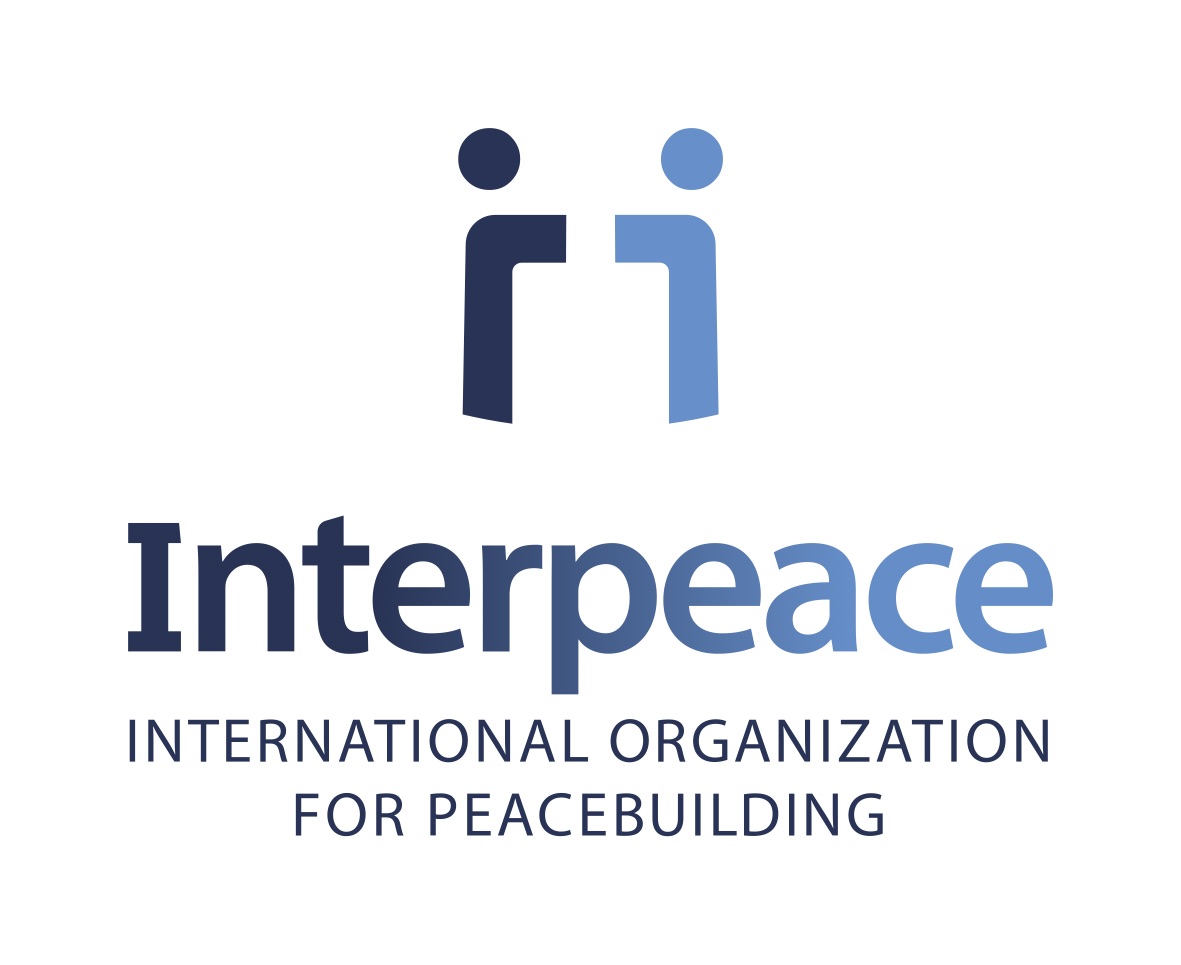The 2019 Stockholm Forum on Peace and Development is co-hosted by SIPRI and the Swedish Ministry for Foreign Affairs. SIPRI would like to thank the following partner organizations for making the Forum possible.
Partners
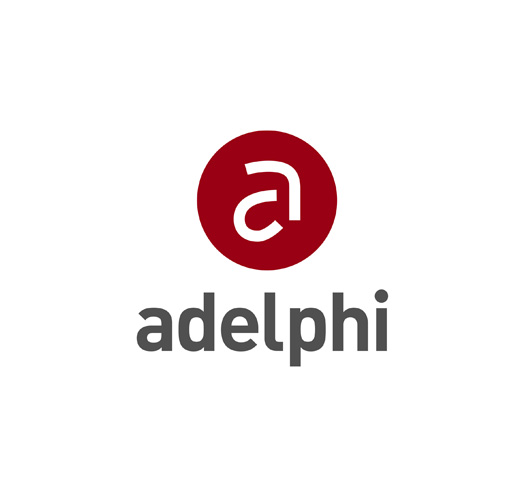
|
adelphi is a leading independent think tank and public policy consultancy on climate, environment and development. Our mission is to improve global governance through research, dialogue and consultation. We offer demand-driven, tailor-made services for sustainable development, helping governments, international organizations, businesses and non-profits design strategies for addressing global challenges. We facilitate policy dialogue and provide training for public institutions and businesses worldwide, helping to build capacity for transformative change.
|
|
The Africa Center for Strategic Studies The Africa Center for Strategic Studies serves as a forum for research, academic programs, and the exchange of ideas with the aim of enhancing citizen security by strengthening the effectiveness and accountability of African institutions. |
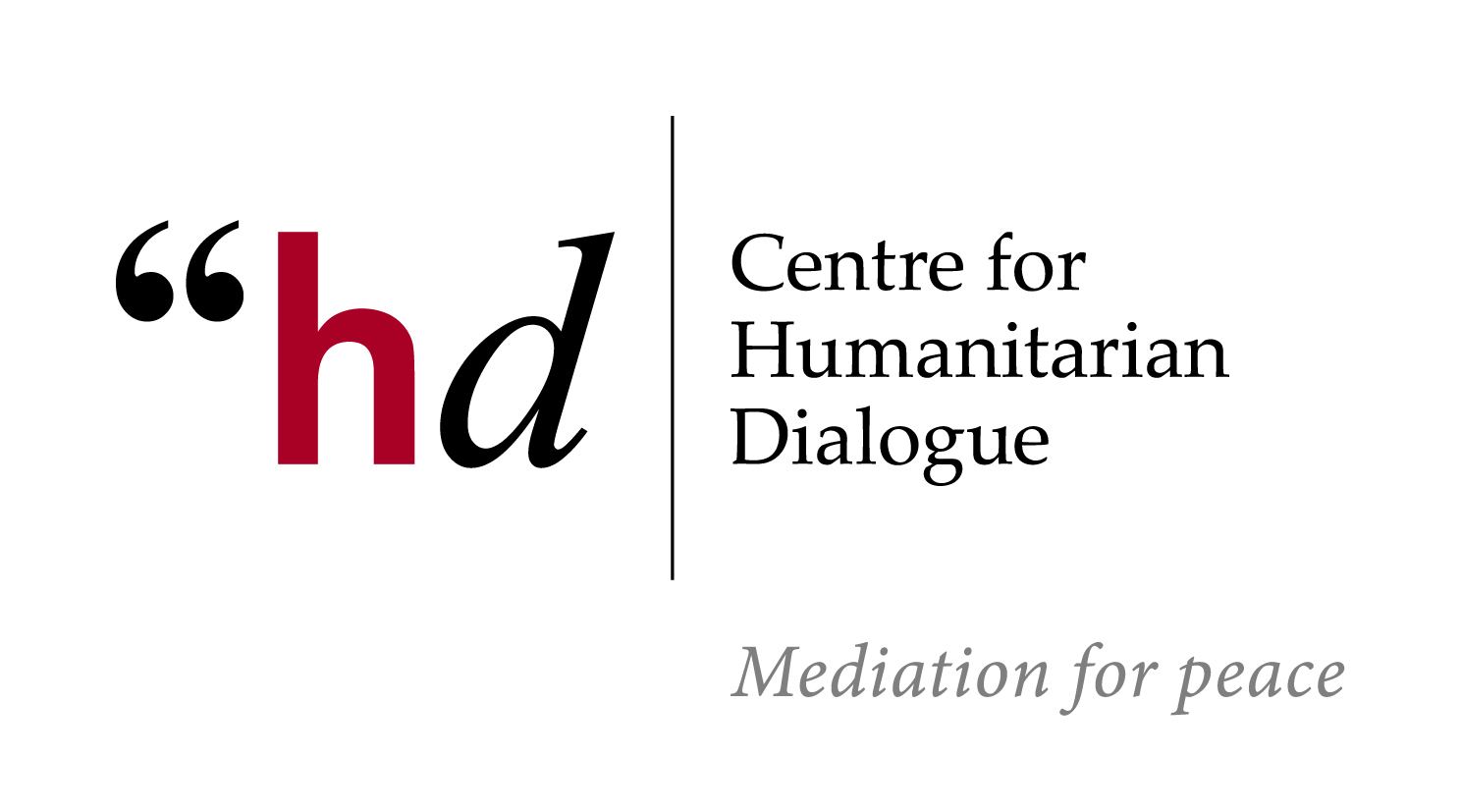
|
The Centre for Humanitarian Dialogue The Centre for Humanitarian Dialogue (HD) is a private diplomacy organisation which works to prevent, mitigate and resolve armed conflicts and crises through dialogue and mediation. Established 20 years ago, HD has become one of the leading private actors in the field of peacemaking worldwide. The organisation is founded on the principles of humanity, impartiality and independence, and is driven by a simple vision: Mediation for peace. |
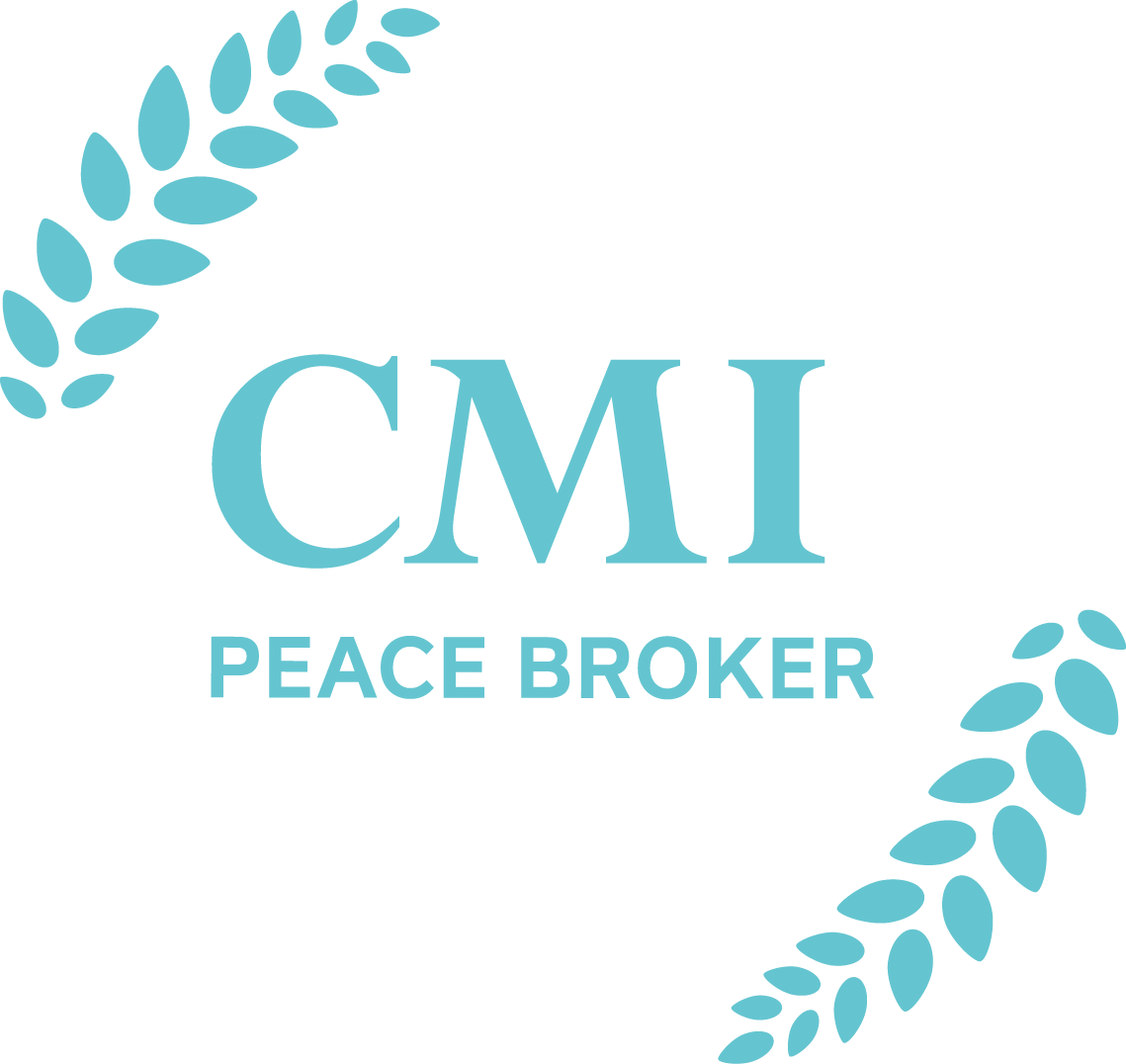
|
Crisis Management Initiative (CMI) CMI is an independent Finnish organisation that works to prevent and resolve violent conflicts through informal dialogue and mediation.CMI works closely with all conflicting parties in some of the world’s most intractable conflicts to forge lasting peace. Nobel Peace laureate and former President of Finland Martti Ahtisaari founded CMI in 2000. |
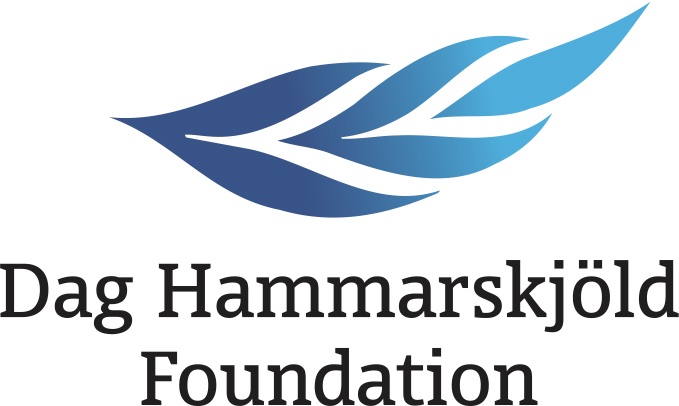 |
The Dag Hammarskjöld Foundation The Dag Hammarskjöld Foundation is a non-governmental organisation established in memory of Dag Hammarskjöld, the second Secretary-General of the United Nations, which aims to advance dialogue and policy for sustainable development and peace. |
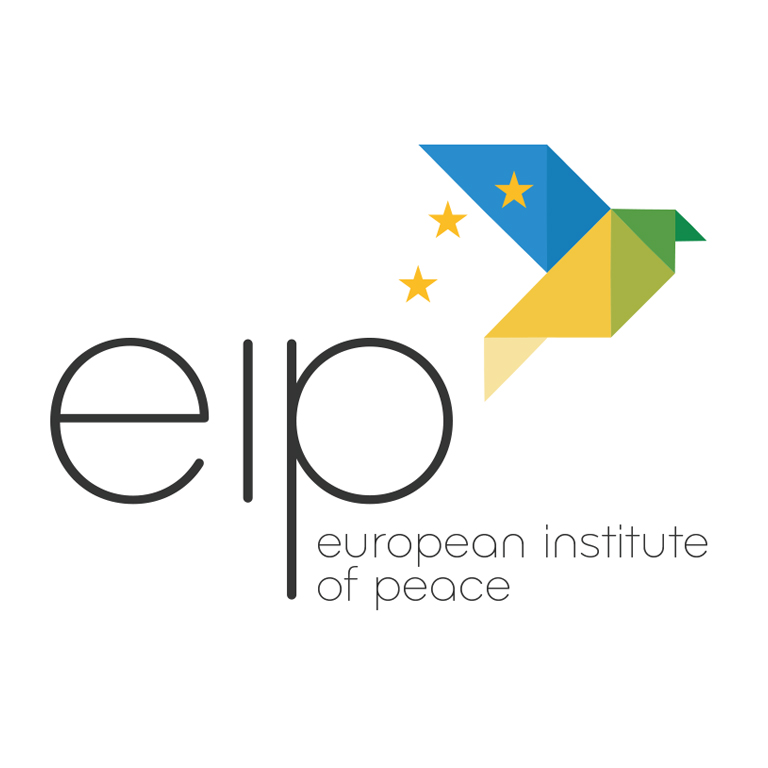
|
The European Institute of Peace The European Institute of Peace (EIP) is an independent body that partners with European states and the European Union to craft strategic and effective approaches to conflict prevention, resolution, dialogue and mediation. EIP’s purpose is to protect and improve the lives of people experiencing, at risk of, or recovering from violent conflict. Its work is guided by states that share a common commitment to human rights and to European values in reducing violence and promoting a global peace agenda. It is unique in combining the flexibility of a non-governmental organisation with the diplomatic reach associated with its board. This access to a wide range of actors at many levels allows it to pursue and support strategic discussions with senior decision makers as well as direct engagement with parties to conflict. |
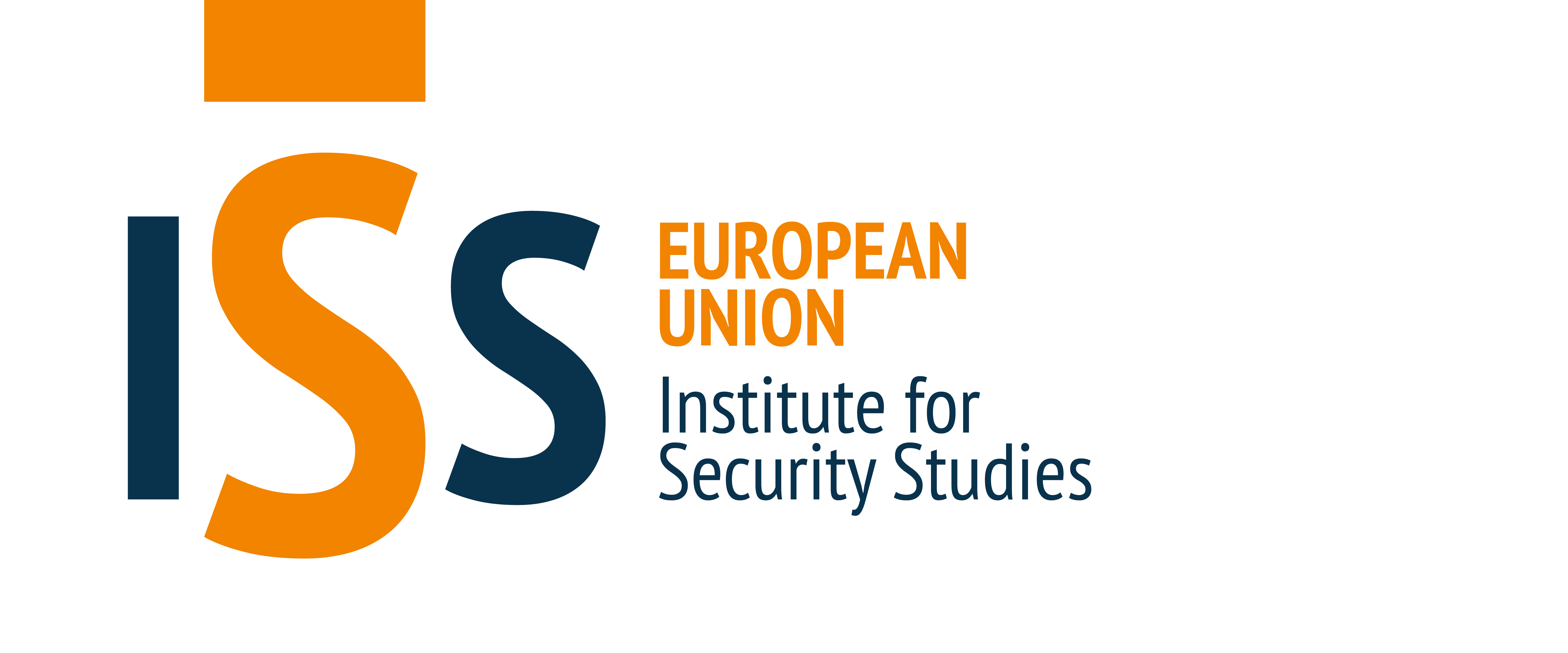
|
The EU Institute for Security Studies The European Union Institute for Security Studies (EUISS) is the EU Agency analysing foreign, security and defence policy issues. The Institute’s core mission is to provide analyses and fora for discussion that can be of use and relevance to the formulation of EU policy. |
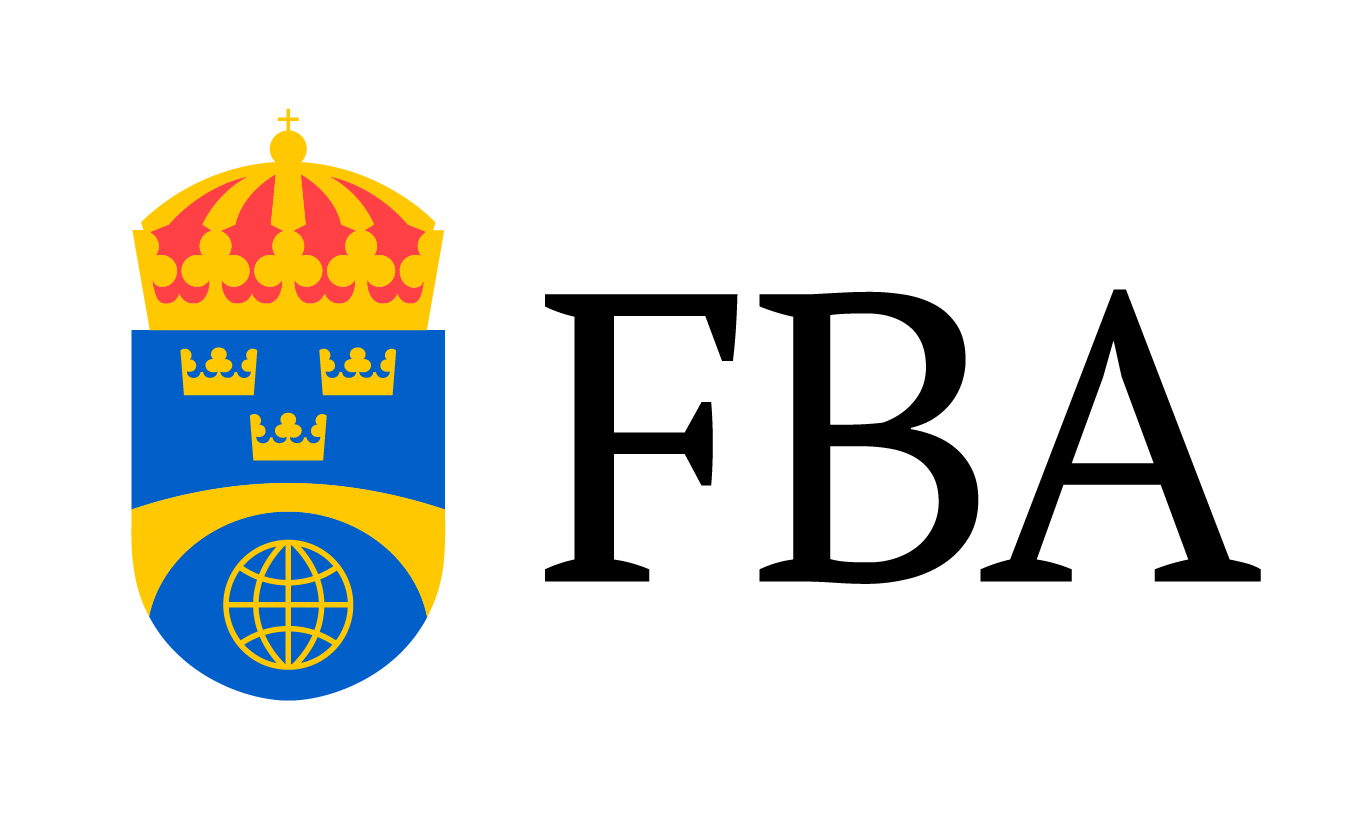
|
The Folke Bernadotte Academy (FBA) The Folke Bernadotte Academy is the Swedish government agency for peace, security and development.FBA conducts training, research and method development in order to strengthen peacebuilding and statebuilding in conflict and post-conflict countries. The agency also recruits civilian personnel and expertise for peace operations and election observation missions led by the EU, UN and OSCE. The agency is named after Count Folke Bernadotte, the first UN mediator. |
|
The Geneva Centre for Security Sector Governance (DCAF) DCAF is dedicated to making states and people safer through support for good security sector governance, based on the rule of law and respect for human rights. DCAF assists partner states in developing laws, institutions, policies and practices to improve the governance of their security sector through inclusive and participatory reforms based on international norms and good practices. It also advises governments and international organisations in designing and implementing their own programmes for supporting states in developing their security sector governance. Our staff supports capacity building of state, civil society and private sector stakeholders through the provision of access to independent expertise and information on security sector governance (SSG) and reform (SSR). |
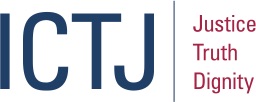 |
The International Center for Transitional Justice The International Center for Transitional Justice works across society and borders to challenge the causes and address the consequences of massive human rights violations. We affirm victims’ dignity, fight impunity, and promote responsive institutions in societies emerging from repressive rule or armed conflict as well as in established democracies where historical injustices or systemic abuse remain unresolved. ICTJ envisions a world where societies break the cycle of massive human rights violations and lay the foundations for peace, justice, and inclusion. |
|
The Institute for Integrated Transitions (IFIT) IFIT aims to help fragile and conflict-affected states achieve more sustainable transitions out of war or authoritarianism. IFIT serves as an independent expert resource for locally-led efforts to improve political, economic, social and security conditions and to find consensual solutions that strengthen peace, democracy and human rights in countries attempting to break cycles of conflict or repression. |

|
International Legal Assistance Consortium (ILAC) ILAC is an umbrella organisation based in Stockholm, Sweden composed of over fifty associations of legal and human rights experts, representing thousands of judges, prosecutors, lawyers and legal academics worldwide. ILAC works together with its member organisations and national partners to promote the rule of law and access to justice in post-conflict, fragile and transitional countries. |
|
|
Interpeace is an international organization for peacebuilding that supports locally led initiatives around the world. Interpeace tailors its approach to each society and ensures that the work is locally owned and driven. Together with local partners and local teams, Interpeace jointly develops peacebuilding programmes and helps establish processes of change that connect local communities, civil society, government and the international community. |
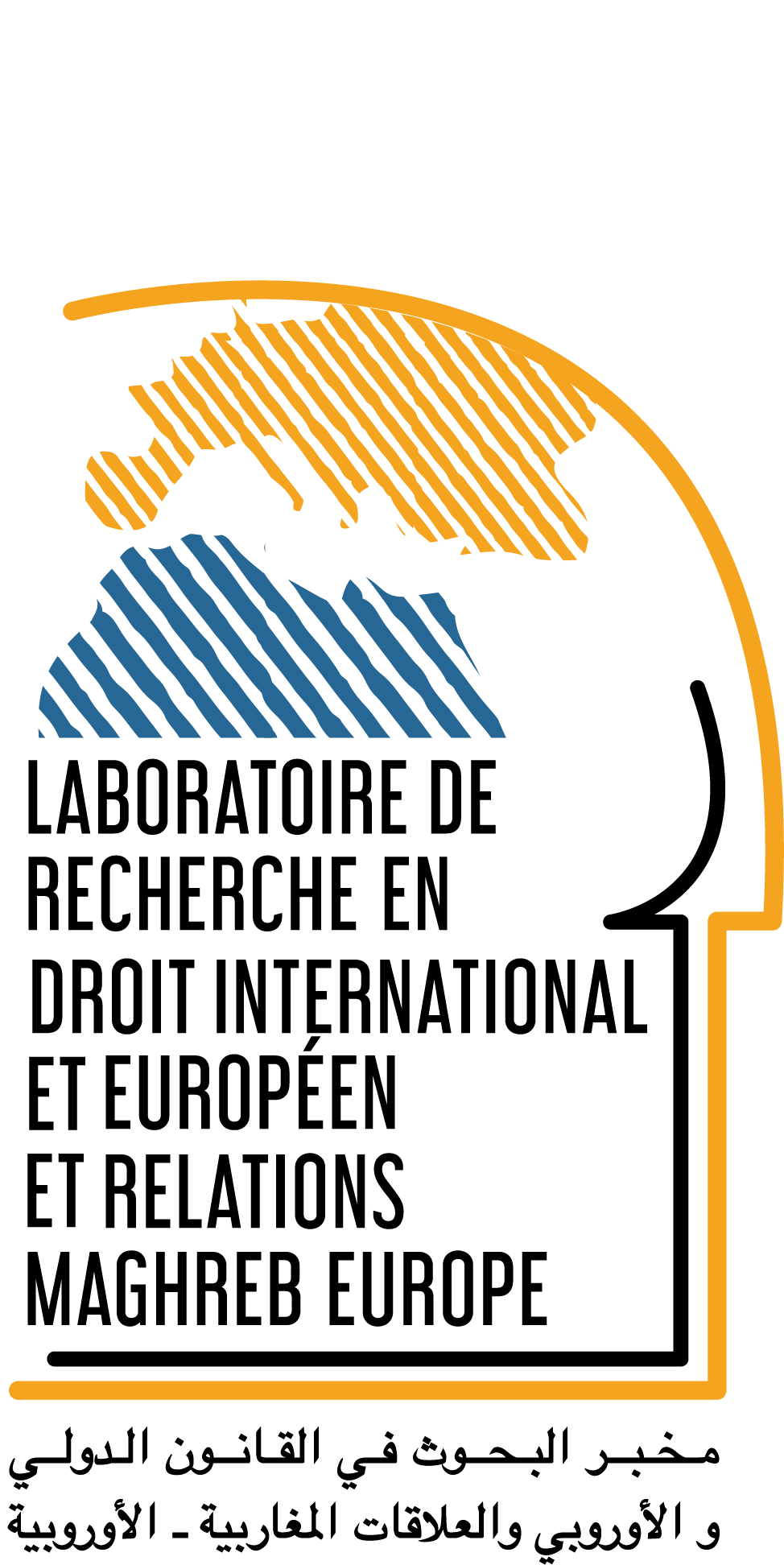
|
Laboratory of Research in International and European Law and Maghreb-Europe relations (LR-DIERME) LR-DIERME is a research centre linked with the Tunis Faculty of Politics, Justice and Social Sciences at the University of Carthage. It conducts research on international law and international relations, and on the complex issues surrounding the 'European neighbourhood policy', regional security and human rights protections. |
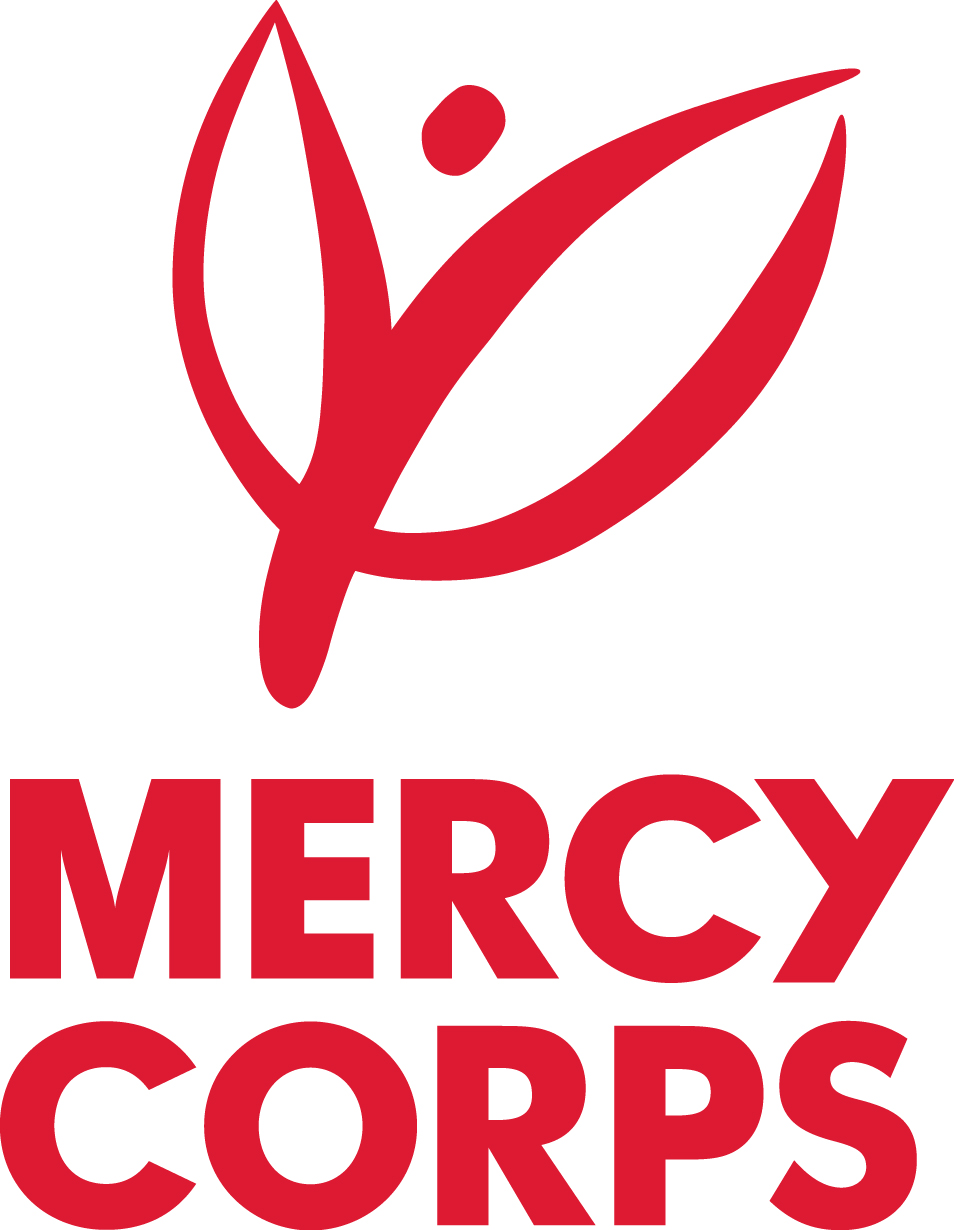
|
Mercy Corps is a leading global organization working in more than 40 countries around the world, many of which are the most fragile. Mercy Corps empowers people to survive crises, build better lives and transform their communities — and the world — for good. |

|
Mistra Geopolitics is a research programme that brings together diverse disciplines and research approaches spanning peace and conflict; human security; global environmental governance; global environmental change; and the effectiveness of domestic, regional, and global policy-making. The results will be of special relevance for Sweden and Swedish actors. |
|
Secure Livelihoods Research Consortium (SLRC) The Secure Livelihoods Research Consortium (SLRC) is a global research consortium exploring livelihoods, basic service delivery, legitimacy, and behaviours in conflict-affected situations. Funded by the Department for International Development (DFID), Irish Aid, and the European Commission, the SLRC was established in 2011 with the aim of strengthening the evidence base around recovery after conflict, in order to inform policy and practice. |
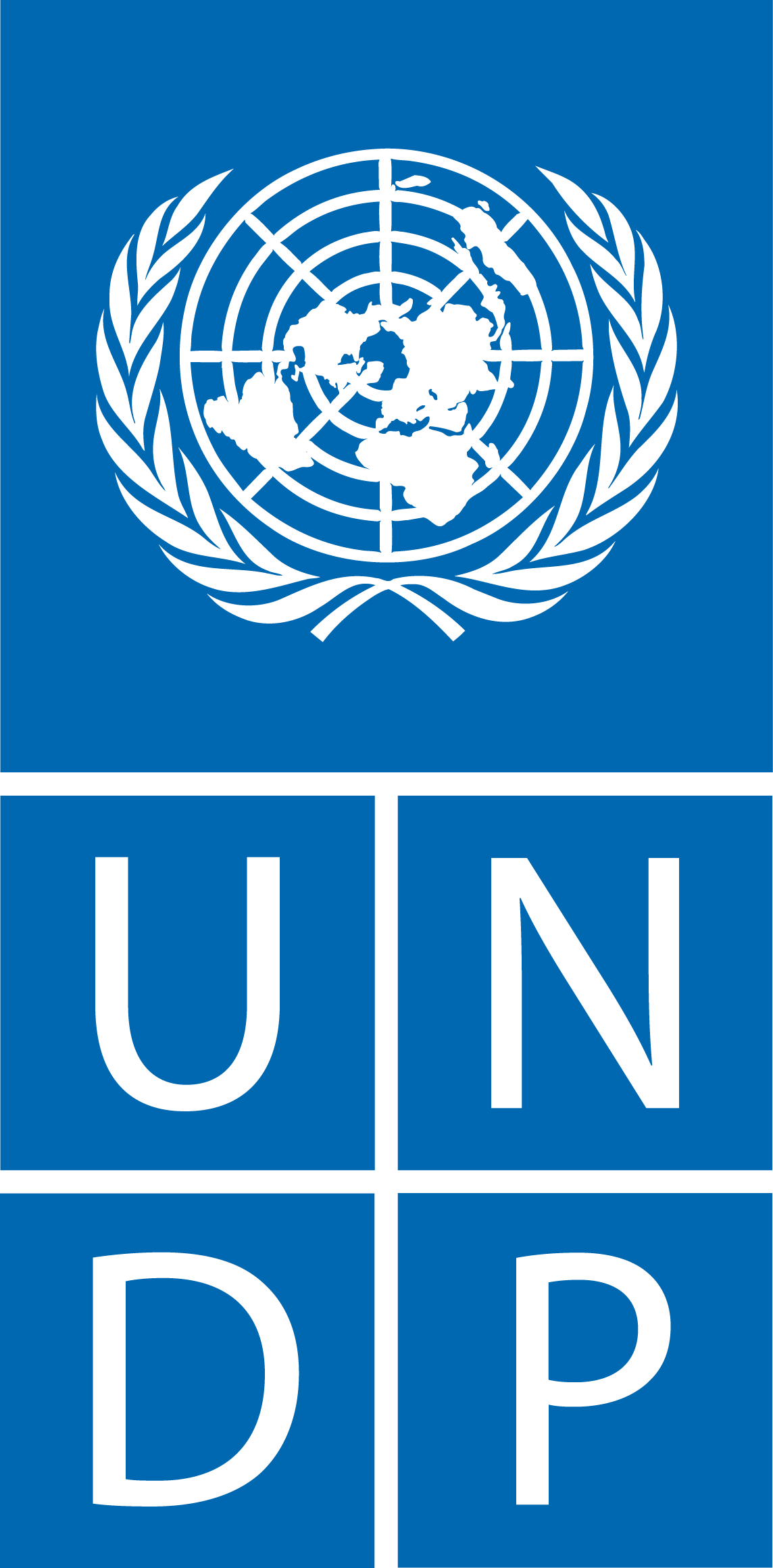 |
UNDP Oslo Governance Centre (OGC) The OGC is a UNDP Global Policy Centre, established in 2002 and working since 2015 with a renewed mandate. OGC is part of the UNP Bureau for Policy and Programme Support (BPPS). It works closely with other UN and UNDP units at Headquarters or in the regional hubs, strengthening the overall analytical and learning ability in the areas of governance and conflict prevention, peacebuilding and responsive institutions. OGC draws on UNDP’s expertise to support policy development, dialogue and applied research with an overarching focus on democratic governance and peacebuilding in crisis, conflict and transitional contexts. |
|
The United States Institute of Peace (USIP) The United States Institute of Peace (USIP) was founded in 1984 by the U.S. Congress as an independent, national institute dedicated to the proposition that peace is possible, practical and essential for U.S. and global security. The Institute pursues a vision of a world without violent conflict by working on the ground with local partners building peace from bottom up and top down. USIP provides people, organizations and governments at every level with the tools, knowledge and training to manage conflict before it can become violent, and to resolve conflict when it does |
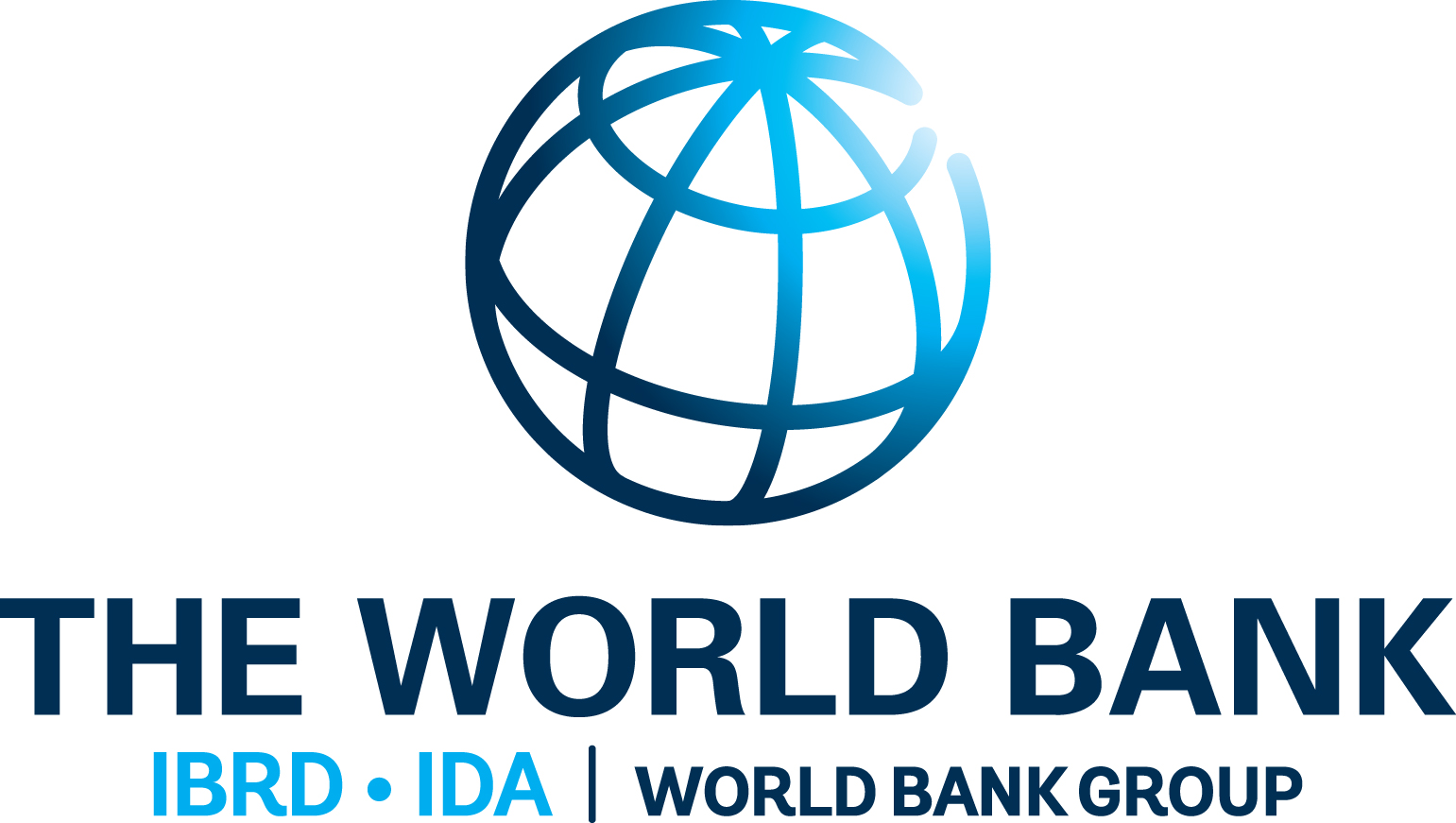
|
Established in 1944, the World Bank Group (WBG) is one of the world’s largest sources of funding and knowledge for development solutions to end extreme poverty and boost shared prosperity. The aim of the World Bank’s Social, Urban, Rural and Resilience Global Practice is to build and foster inclusive, resilient, and sustainable institutions and communities. Within the global practice, the Africa Social Development team works to reinforce social inclusion, social cohesion, and citizen engagement in a variety of fragility, conflict and violence (FCV) contexts, including active conflict at national and sub-national levels, post-conflict, fragile states, and environments characterized by forced displacement. |
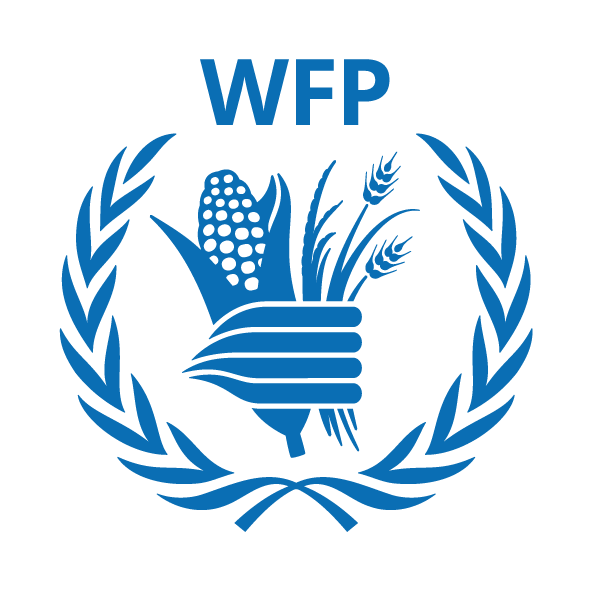
|
The World Food Programme (WFP) is the specialized food assistance organization of the United Nations, and it is the largest humanitarian organization fighting hunger worldwide, delivering food assistance in emergencies and working with communities to improve nutrition and build their resilience. Following the launch of the 2030 Sustainable Development Goals, WFP has adapted its strategies, methodologies and solutions to meet distinct national needs and to support countries to achieve SDG 2 Zero Hunger by 2030. |
